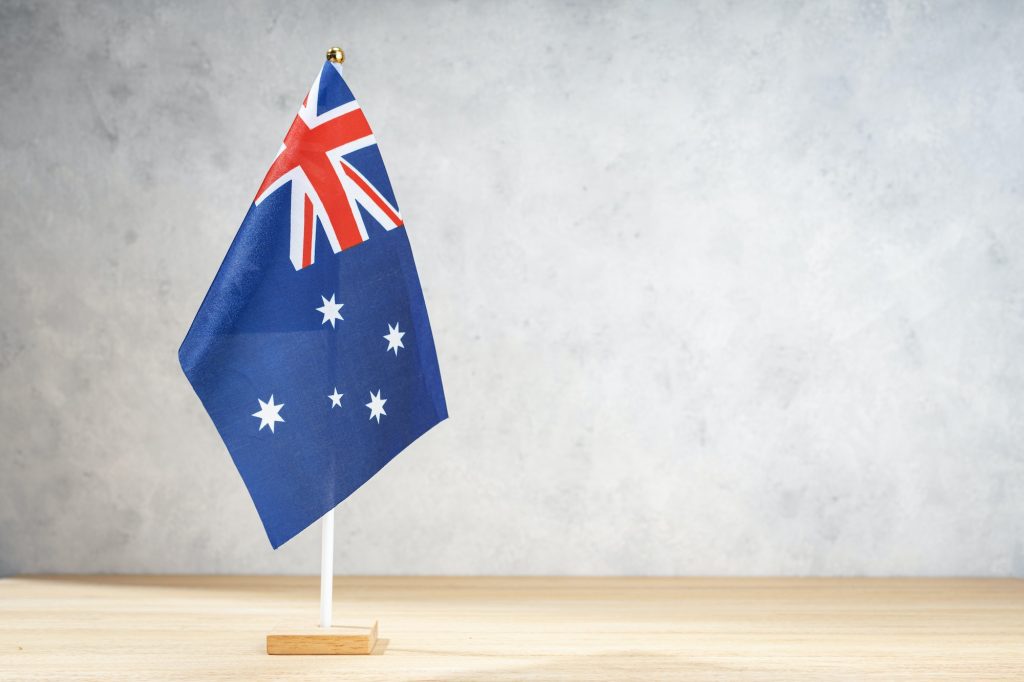Australian government opts against mandating age verification for adult websites
The Australian Federal Government has opted against age-verification for adult websites. Instead, eSafety Commissioner Julie Inman Grant is tasked with creating a parent education code to teach parents how to use filtering software and limit children’s access to porn.

The Australian Federal Government has declared that it would not require adult pornographic websites to verify users’ ages due to privacy concerns. The long-awaited roadmap for age verification of online pornographic content from the eSafety Commissioner, which has been with the government since March 2023, was unveiled by Communications Minister Michelle Rowland on 30 August 2023.
In light of these considerations, the government concluded that the decision to mandate age assurance is not yet ready to be taken. Instead, the eSafety commissioner, Julie Inman Grant, will work with the industry to develop a new code aimed at educating parents on how to access filtering software and limit children’s exposure to inappropriate material or sites.
To enhance online safety and age-appropriate content access through evidence-based education, the government has earmarked $83.5 million for a six-year initiative. The roadmap report highlights that the full implementation of the required age assurance measures is still pending. Furthermore, in 2024, the government plans to update the Online Safety Act, taking inspiration from the UK’s age-verification policies for adult websites.
The roadmap report proposed the implementation of a pilot program for age verification technologies, but the government did not endorse this recommendation. At the same time it acknowledged the government’s efforts to create a digital ID system following data breaches involving Optus and Medibank. However, it explicitly stated that it did not recommend using the government-issued digital ID for age verification on adult websites.
The lack of comprehensive sex education, especially for LGBTQ+ people was also noted. Stakeholders suggested that this may be due to a lack of inclusive sex education in schools and a scarcity of other learning sources for young LGBTQ+ people.
Why does it matter?
The decision of the Australian Federal Government not to mandate age verification for adult pornographic websites carries significant implications for both online privacy and child protection. This move acknowledges the complex interplay between technology, personal privacy, and safeguarding young individuals from explicit content. By opting against compulsory age verification, the government has highlighted its commitment to finding alternative means of ensuring online safety for minors while addressing the challenges associated with digital privacy. This decision also underscores the importance of comprehensive parental education and promoting responsible online behavior among children and adolescents.
